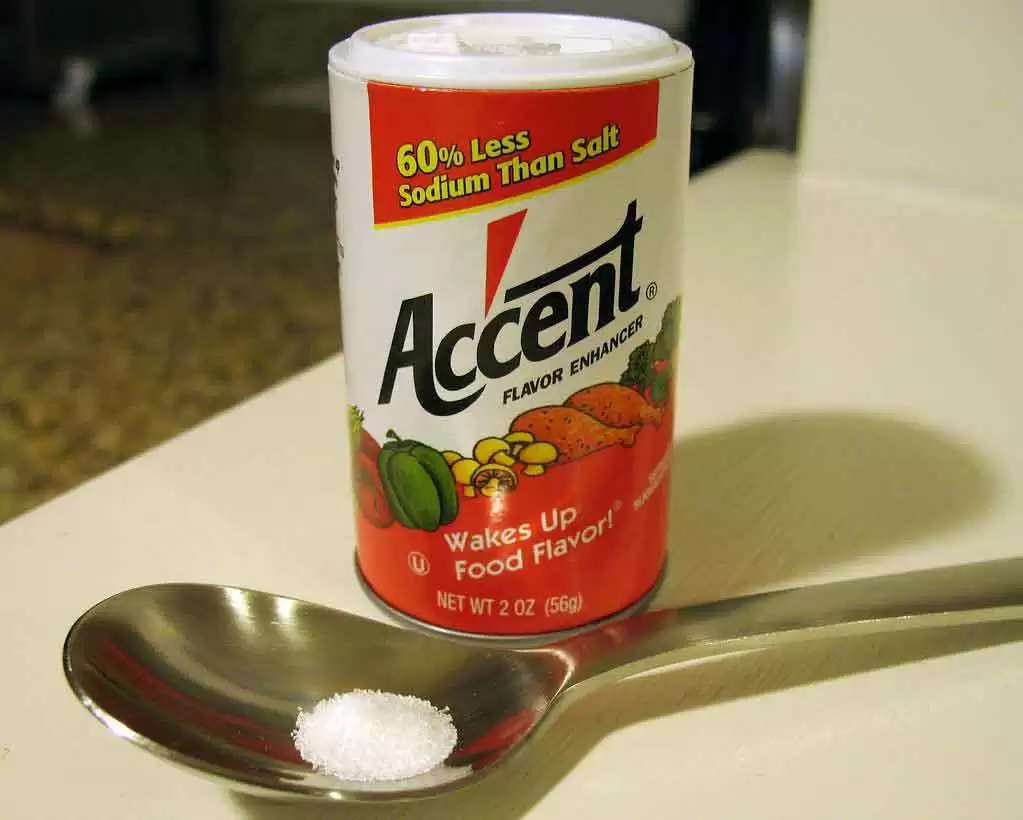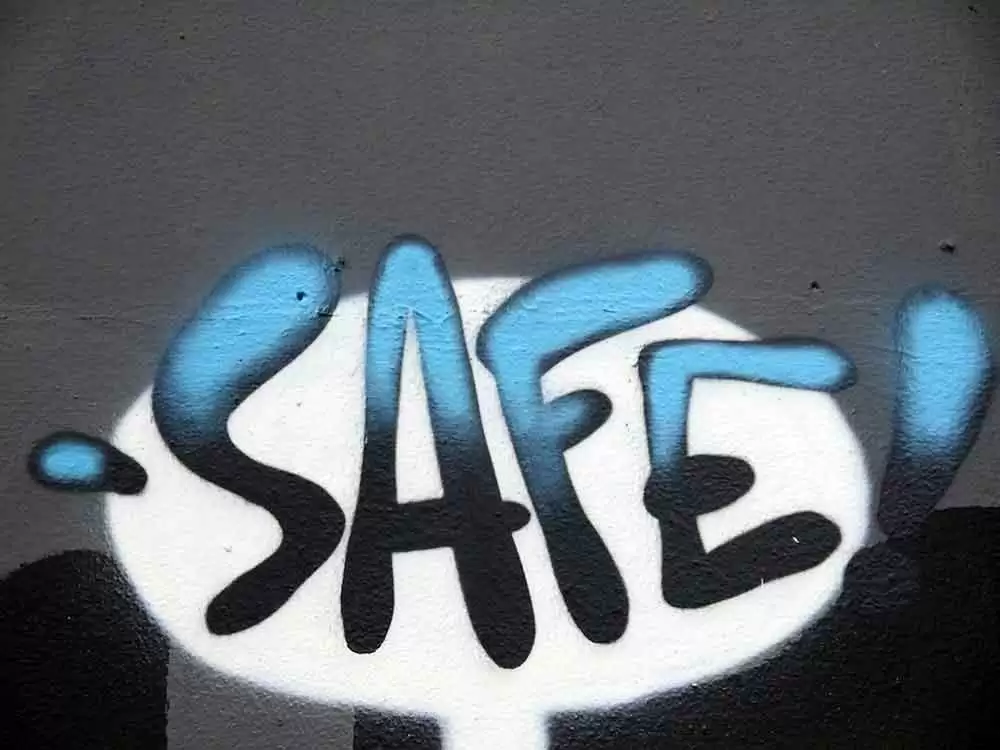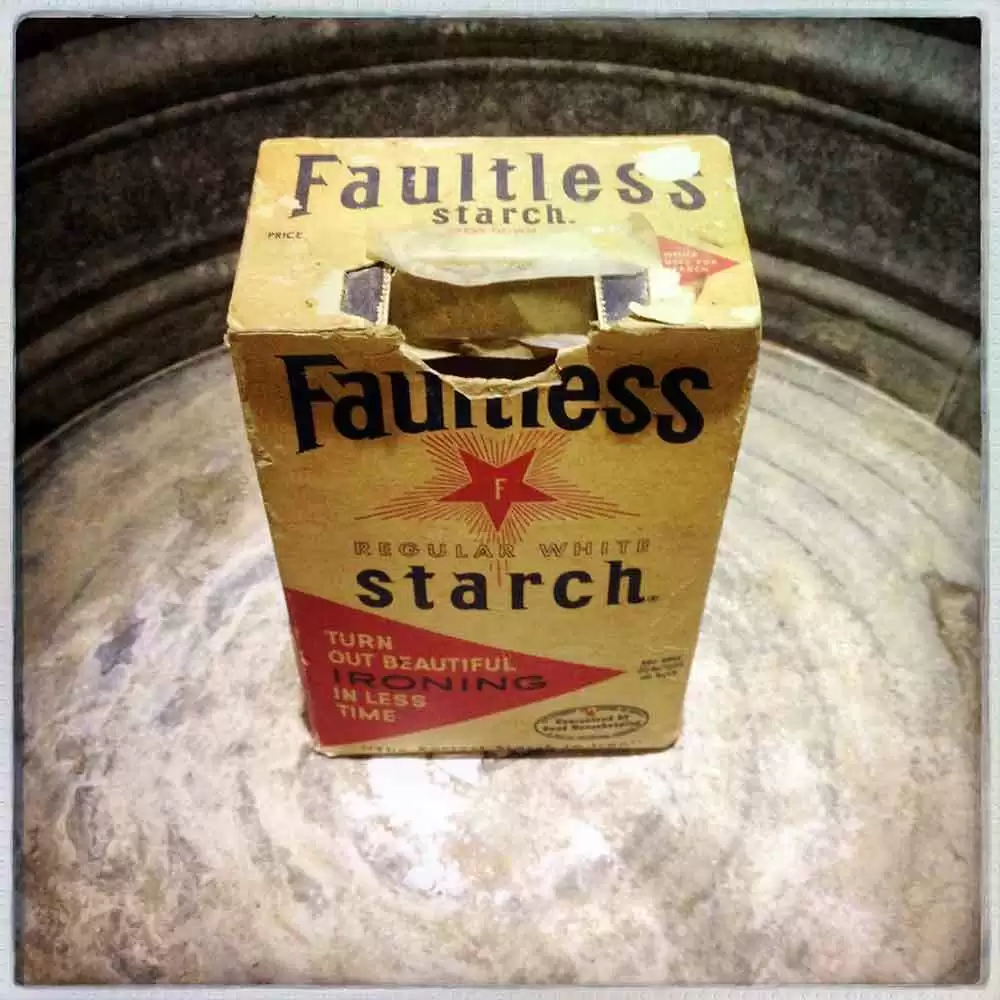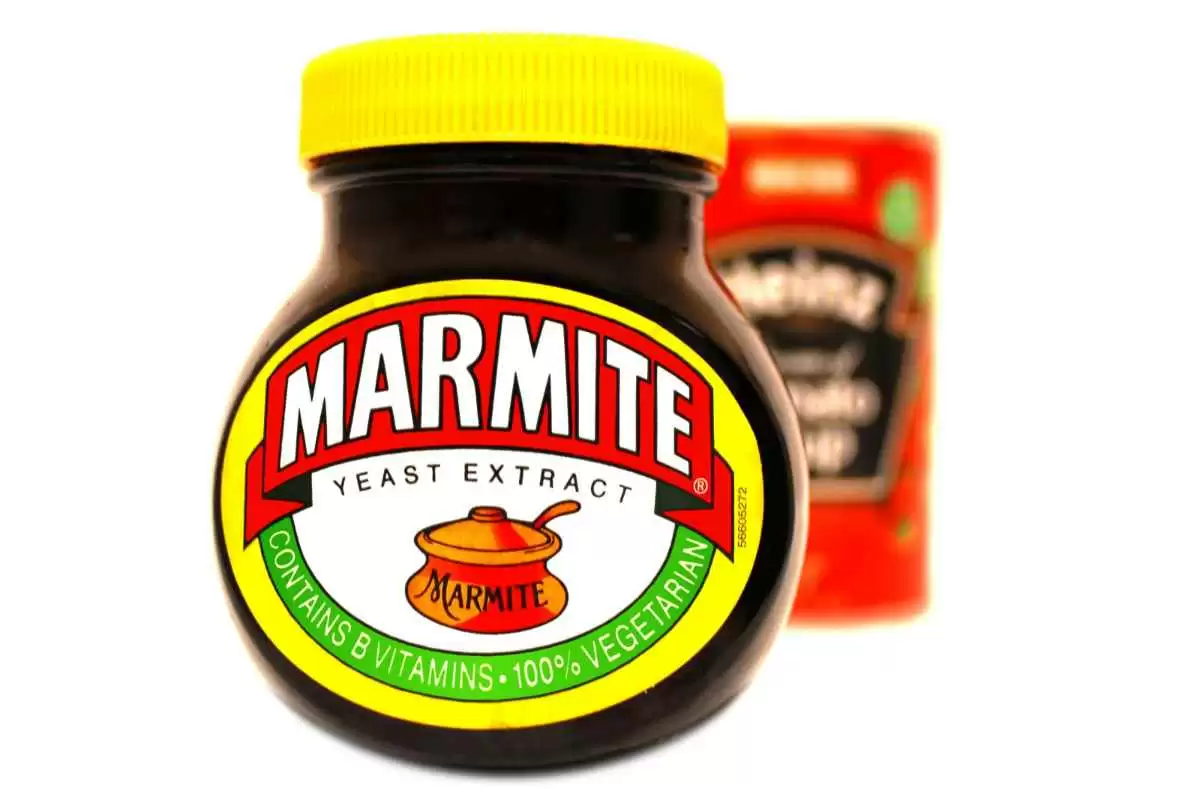
Celiac.com 08/07/2020 - Everyone knows that some people react to the food ingredient monosodium glutamate (MSG). Did you know that the name of monosodium glutamate (MSG), is a trade name for sodium hydrogen glutamate? Did you know that MSG has dozens of names, and can sneak into processed food in myriad ways?
MSG is gluten-free and safe for people with celiac disease. MSG is included on Celiac.com's list of Safe Gluten-Free Ingredients, and plenty of people have no problems when eating MSG. However, MSG can cause adverse reactions in some people. Symptoms of adverse MSG reaction can include numbness or pressure in the face, rapid heartbeat, chest pain, nausea, vomiting, headache, sweating, wheezing or burning sensations in various parts of the body. For this reason, many people prefer to avoid MSG.
Celiac.com Sponsor (A12):
For anyone sensitive or allergic to MSG, or anyone just trying to avoid it, here's a handy list of names for MSG that you might see on food labels. Remember, it's the chemical, not the name, that's important.
Glutamic Acid
Since MSG is the sodium salt of the amino acid glutamic acid, whenever glutamic acid is listed on a food label, the food always contains MSG. On its own, unprocessed glutamic acid found in protein is generally harmless. Only glutamic acid that has been processed, or which results from fermented protein, can cause adverse reactions.
Autolyzed Yeast Extract / Yeast Extract
Foods that contain yeast extract always contain MSG, including those labeled autolyzed yeast, yeast food or yeast nutrient. If you see the word 'yeast' or 'yeast extract' in processed foods you are getting monosodium glutamate (MSG) by another name. This also may contain trace amounts of gluten that, when used in small amounts like is usually done as a seasoning, may not make a food unsafe for celiacs, however, in high concentrations like those found in Marmite spread it could be unsafe for celiacs.
Hydrolyzed Protein
Any form of hydrolyzed vegetable protein, animal protein or plant protein, contains MSG.This includes any ingredient listed as hydrolyzed, protein-fortified, ultra-pasteurized, fermented or enzyme-modified, which either contain MSG, or produce free glutamic acid in manufacturing.
These other names include soy protein isolate, soy protein concentrate, whey protein, whey protein concentrate, whey protein isolate, autolyzed plant protein, hydrolyzed oat flour and textured protein.
Caseinate
MSG can sometimes appear on labels under the names sodium caseinate or calcium caseinate, and even under more wholesome names, such as bouillon, broth stock or malt extract (not gluten-free).
Natural Flavors
Besides yeast extract, MSG is often labeled as "natural flavors." Variations include natural flavor, natural flavorings, natural chicken flavor, natural beef flavor, chicken flavoring, seasoning, spices, enzymes and simply "flavoring."
There are at least three dozen different ingredients that contain Manufactured Free Glutamate (MFG), the chemical in monosodium glutamate. Note that Europe uses E numbers, instead of food additive names. Those names and numbers include:
- Autolyzed Yeast
- Carrageenan (E 407)
- Calcium Caseinate
- Calcium Glutamate (E 623)
- Glutamate (E 620)
- Glutamic Acid (E 620)
- Magnesium Glutamate (E 625)
- Monoammonium Glutamate (E 624)
- Monopotassium Glutamate (E 622)
- Monosodium Glutamate (E 621)
- Natrium Glutamate
- Sodium Caseinate (msg)
- Sodium Hydrogen Glutamate (msg)
- Torula Yeast
- Vetsin
- Yeast Extract
- Yeast Food
- Yeast Nutrient
Autolyzed Yeast, Brewer's Yeast, and Yeast Extract may contain trace amounts of gluten, so they are best avoided.
Even though most of these forms of MSG are gluten-free and safe for people with celiac disease, some people have reactions to them, and want to avoid them.








Recommended Comments
Create an account or sign in to comment
You need to be a member in order to leave a comment
Create an account
Sign up for a new account in our community. It's easy!
Register a new accountSign in
Already have an account? Sign in here.
Sign In Now